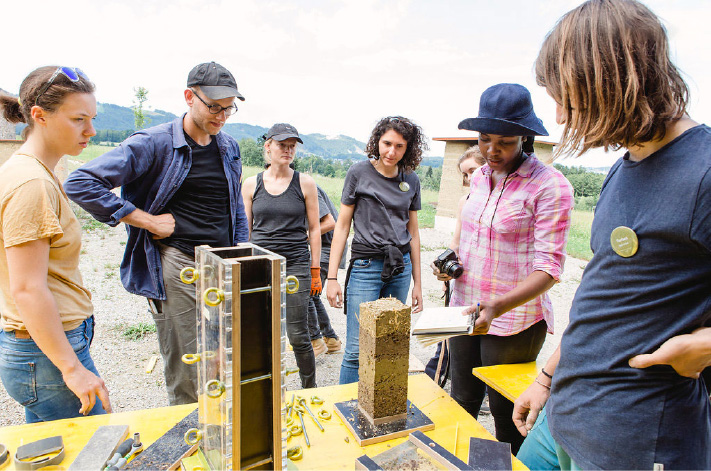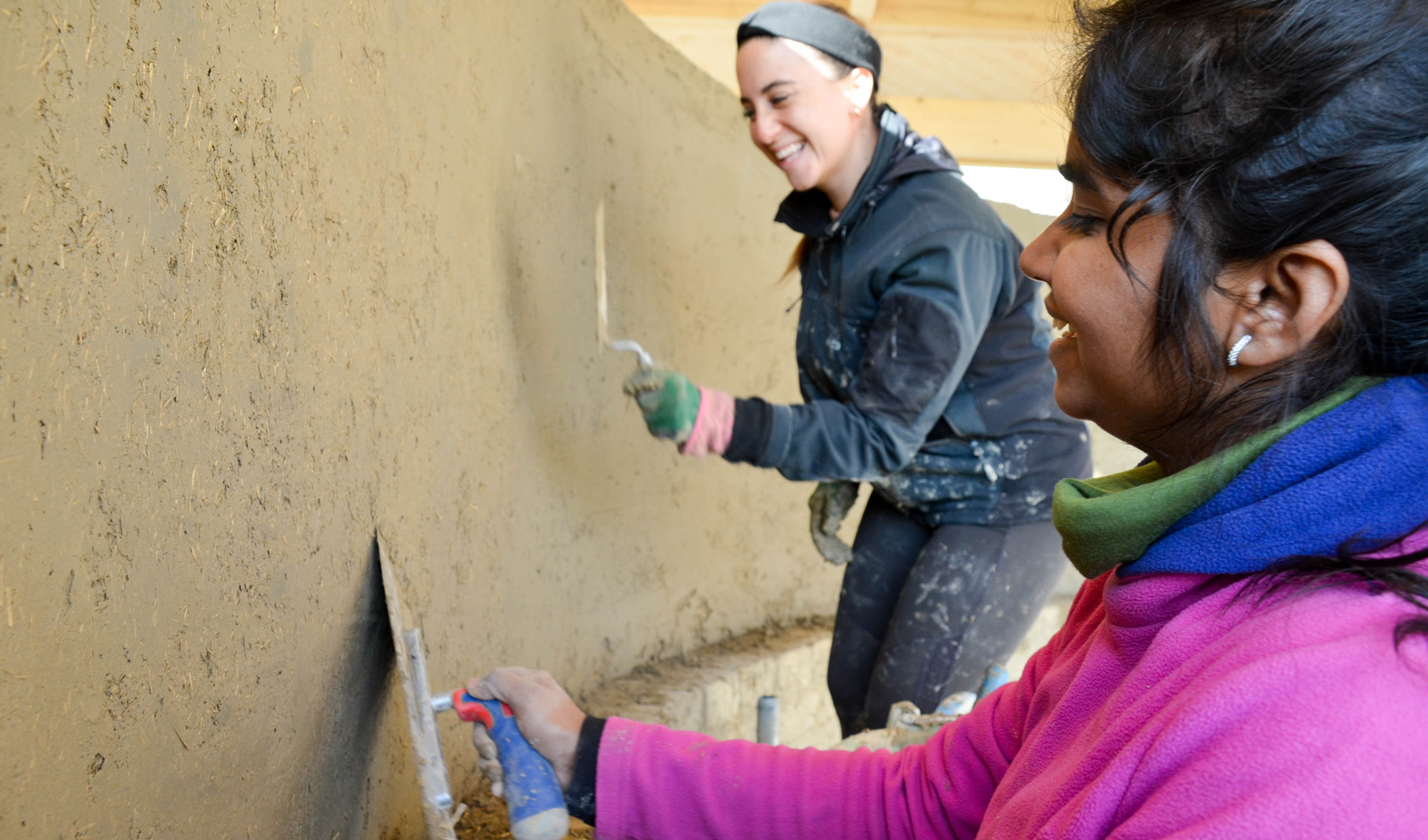application
Applications are now OPEN!
From February 03 until August 31, 2025
key facts
Timeframe: March 02, 2026 – Sept 24, 2027
Duration: 3 terms / 90 ects
Language: English (level B2)
Tuition Fee: € 14500.-
Degree: Master of Arts (CE) in Sustainable Architecture
Admission requirements:
Master's or bachelor’s degree (180 ECTS) in architecture or a comparable branch
Participants: max. 20
contact
basehabitat.postgrad(at)kunstuni-linz.at
download
Folder 2026
Application Documents
FAQ
archive editions 20 + 22
Read through the reports of 2020 and 2022
Summary Activities Postgrad 2022
Summary Activities Postgrad 2020
University of Arts Linz
Read more about the University of Arts Linz
Aware of the global challenges we face, ranging from environmental destruction and dwindling resources to poverty and growing inequality, the need to prepare future architects and practitioners to address current issues in the field requires new methods and tools, including a repertoire of skills.
Responding to this urgent need, the basehabitat | Postgraduate programme is aimed at professionals and graduates in architecture, who are looking for an educational context in which to expand their skills and abilities in relation to social and ecological issues, thus broadening their range of action.
The programme, combining theoretical knowledge and practical experience, explores the practice of architecture in a different way, involving diverse actors within the design process, understanding the implications of design decisions by focusing on in-depth choices of materials and construction methods. It is taught by an international body of visiting renowned architects and scholars, as well as basehabitat's teaching staff. The approach focuses on hands-on experience, in a context of professionals from various disciplines and an international learning environment.
As today's construction activities are extremely resource intensive and harmful to the environment and our climate, special attention is given to natural building materials which have been the focus of basehabitat for the past 20 years.
The basehabitat | Postgraduate is a full-time study program taught in English lasting one and a half years, divided into three terms (theory and design, hands-on experience and master thesis), at the end of which students receive a Master of Arts in Continuing Education MA (CE) from the University of Arts Linz.
Timeframe
Start: March 2, 2026
End: September 24, 2027
Duration
1.5 years (3 terms)
Academic accreditation
Master of Arts in Continuing Education MA (CE)
Language
English (Level B2)
Tuition Fee
14.500 €
Participants
Maximum 20
Application period is open
February – August 2025

Photo: basehabitat
“I strongly believe architecture is a tool to improve lives. As architects we do have power to influence the society and to make a change. Rather than exploiting our planet’s precious resources, we can be sensitive and graft what we find locally.”
Anna Heringer
Objectives
- Enhance the awareness of the global challenges we face in relation to the built environment, such as climate change and social inequality.
- Develop and broaden the scope for architects and related professionals to develop alternative concepts and implement them.
- Combine the efforts of different disciplines and include distinct cultural peculiarities without hierarchies.
- Raise the level of professionalism in matters relating to the built environment.
Teaching Team
- A team of outstanding and internationally renowned visiting professors.
- An experienced and skilled team at basehabitat.
- Guest lecturers from different disciplines.
Teaching Principles
- Practice the hands-on approach in a context of international participants.
- Integrate different cultural peculiarities and facilitate mutual learning and lively exchange of ideas.
- Focus on design processes accompanied by various seminars, conferences and workshops.
- Design experience on-desk and on-site.
- Work in groups and individually.
- Sharpen your individual profile and develop your portfolio throughout the programme.

“Resource scarcity, environmental pollution, climate change, and resulting mass migration and conflicts are current global challenges that are forcing us to radically rethink the way we live and work.”
Nina Pawlicki

Photo: basehabitat
What do participants learn?
- Experience the built environment in theory and practice from various perspectives by understanding different places and contexts and their dynamics.
- Manage socially responsible planning and building processes. Work together in teams.
- Design and build with sustainable building materials. Discover the wide range of possibilities that these materials offer for contemporary architecture.
- Develop and broaden the scope for architects and related professionals to develop alternative concepts and implement them
“The course equipped me with holistic knowledge and skills in designing and building with natural materials and managing a sustainable community-led construction project. It allowed me to make many lasting connections within the global earth-building community, a very helpful support network.”
Anna Chorzepa | Poland | Alumna

Photo: basehabitat
Who should apply
The Postgraduate | basehabitat
- is aimed at built environment professionals with dedication and commitment to social and sustainable architecture.
- invites those interested to join forces with like-minded people and professionals to work on alternative approaches.
- provides participants the opportunity to work on radically different approaches in offers participants the opportunity to work on radically different approaches to tackling global challenges.
